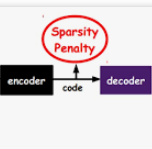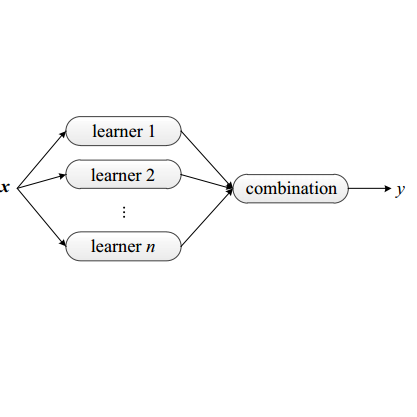项目名称: 高复杂性脑电数据的数据挖掘及其在癫痫性发作自动检测中的应用
项目编号: No.61473223
项目类型: 面上项目
立项/批准年度: 2015
项目学科: 其他
项目作者: 张瑞
作者单位: 西北大学
项目金额: 81万元
中文摘要: 面向重症监护癫痫病人的脑电图是一类具有超大规模、多变、非平衡、含复杂噪声的高复杂性脑电数据,有关此类数据的数据挖掘是医学临床诊断的急需,但目前几乎还是空白。本项目拟以癫痫性发作自动检测为背景,聚焦对高复杂性脑电数据数据挖掘的基本理论与方法展开系统研究。拟提出包含二维表示的频域特征、融合线性与非线性的时域特征、以及刻画发作起始位置及其演变过程的空间模式特征的特征提取方法;建立基于L_0.5稀疏正则化理论与流行正则化理论的异域半监督转移学习模型,设计快速求解算法并对其收敛性进行系统分析;构造基于boosting思想及计算机视觉的完整、可解释的综合分类集成系统;以癫痫性发作的自动检测为应用来验证所研制系统的可用性与有效性。项目成果将为高复杂性脑电数据的本质特征提取、高复杂性脑电数据的学习模式挖掘、实用癫痫性发作自动检测系统研发等提供重要的理论、方法与系统基础,亦可直接用于相关医疗诊断的辅助工具。
中文关键词: 数据挖掘;特征选择;稀疏表示;半监督学习;集成学习
英文摘要: Continuous Electroencephalography monitoring in the Intensive Care Unit environment (ICU-EEG) has become an essential component of top-tier medical care for patients with acute neurological injuries. ICU-EEG data presents a special challenge for computational analysis because of its high complexity, large scale, massive variability, imbalance, and the large number and varied character of both external and physiological background noise that can contaminate signals acquired in the ICU environment. Despite the urgent medical demand for automated analysis of ICU-EEG data, very little research has been done to bring the existing data mining to ICU-EEG data, and to develop the novel theoretical advances that will be needed to cope with the unique challenges posed by mining this data. This project focuses on developing fundamental theory and methods of data mining for such highly complicated EEG data systematically, with a focus on automated detection of epileptic seizures. Firstly, a multi-element feature extraction method will be developed, where 2-D features in frequency domain, linear and nonlinear features in time domain, and the features based on the location of seizure origin and the spatial pattern of seizure spread throughout the brain over time are all extracted and combined. Secondly, a semi-supervised domain transferred (SSDT) learning model will be constructed on the basis of L_0.5 sparse regularization and manifold regularization. Fast algorithms for solving the SSDT model will be designed and the convergence of the algorithms will be analyzed. Thirdly, an ensemble classification system based on boosting and cascaded classifier methods from computer vision will be adapted to epileptic seizure detection in ICU-EEG data. Finally, the application of the automatic epileptic seizure detection will be tested, refined, and validated on a large set of ICU-EEG recordings to verify the feasibility and efficiency of the above constructed system. The project results will provide significant theoretical advances, methods and a system for extracting the essential data features, clarifying the appropriate learning framework for highly complicated biomedical data, and will yield a much needed practical solution to the problem of epileptic seizure detection which can be used to assist physicians in caring for critically ill patients.
英文关键词: data mining;feature extraction;sparse representation;semi-supervised learning;ensemble learning




